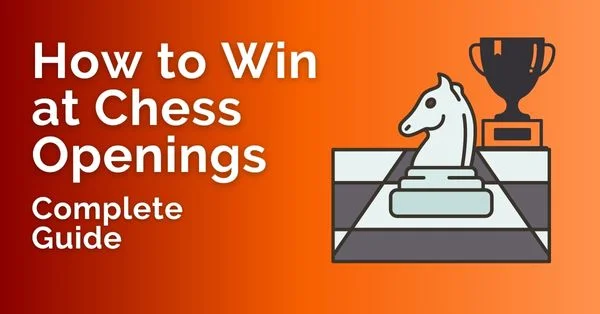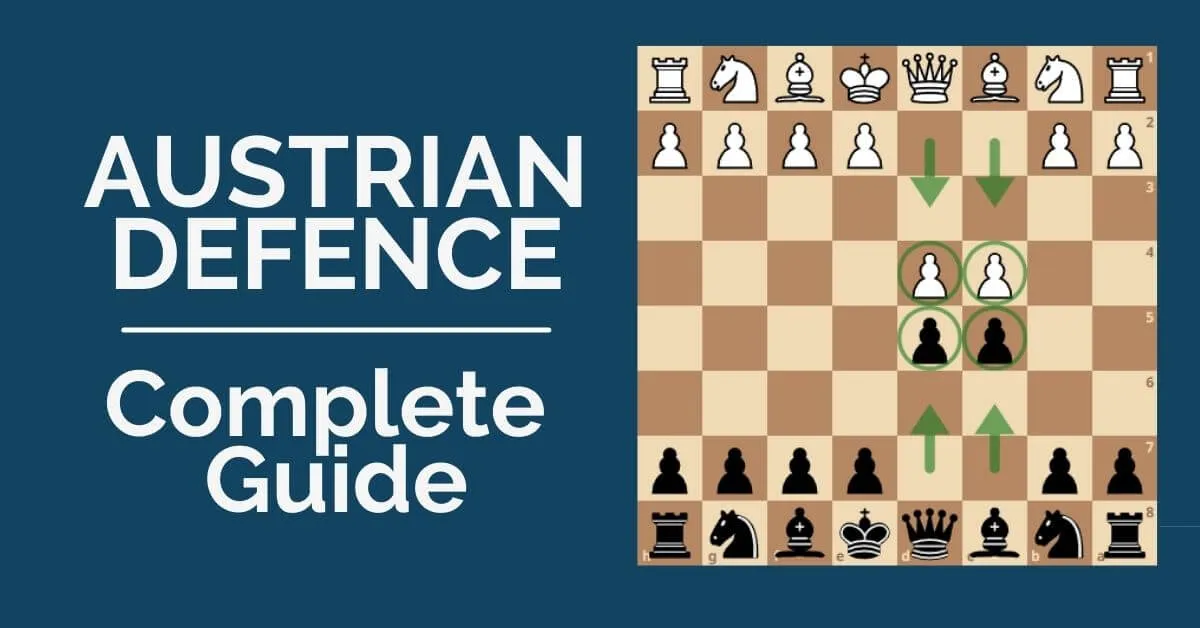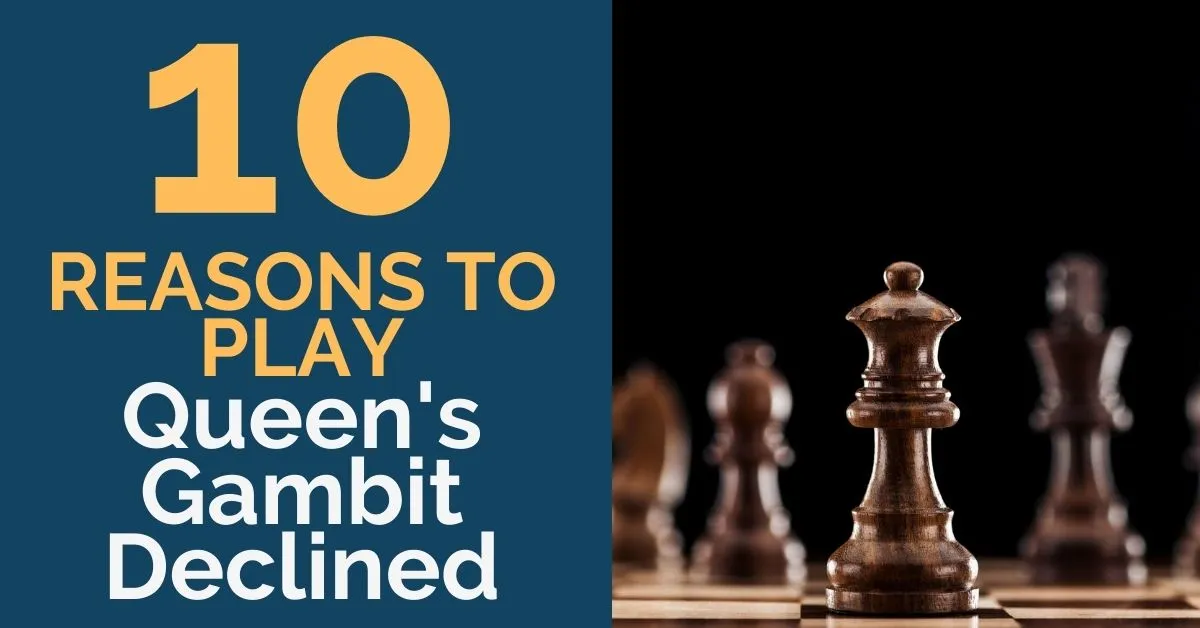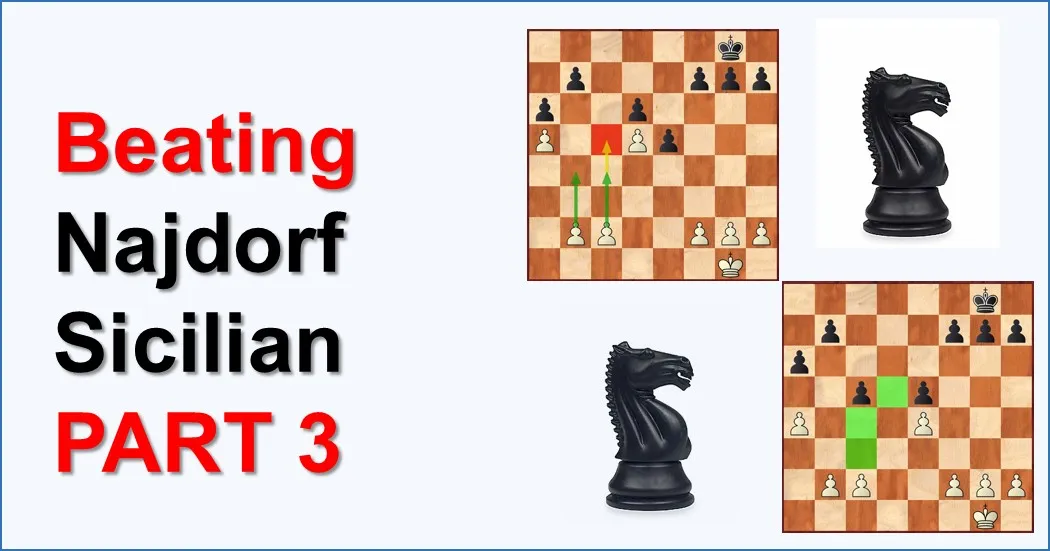How to Win at Chess Openings – Complete Guide

A chess opening is the only stage of the game where you can anticipate and prepare moves in advance. This is the reason why having a good repertoire of openings is so important for any chess player who wants to improve their game. A well-prepared opening can help you get the positions you want in the game and also improves your confidence. However, there are certain pointers you need to keep in mind if you want to play the opening successfully.
In this article, we’ll take a look at 6 things for how to win chess openings one by one.
1. Avoid making premature attacks
While it may be tempting to initiate an early attack, doing so can often result in disaster. You should think of your chess pieces as a single unit. If you want to attack then you should have other pieces supporting them and defending other areas of the board.
Therefore, it is important to be patient and build up gradually. At the same time be careful and avoid overextending your pieces or making rash decisions that can leave you vulnerable to attack.
Most of the time, at below master level you should aim to get a playable middlegame position out of the chess opening rather than force matters when there is no need to do so.
2. Aim to control key squares
Every opening has a key square(s) that the players must be aware of. Generally, if one player manages to take control of this key square then they have an advantage going into the middlegame.
For example, the key square in the Nimzo-Bogo complex is the e4 square and the players fight from the beginning to get control of this square. Another example is the d4 square in Classical French.
Therefore, in addition to controlling the center of the board, it is important to aim for control of key squares that can give you an advantage.
3. Be calm to win in the chess opening
If your opponent surprises you with a shocking move do not panic, but try to keep your cool. Try to think logically, because there is a reason why that move wasn’t played normally. Aim to work out why the move your opponent has played is not played in the games of the players you follow to study for the specific opening.
For instance, maybe the move weakens the kingside or neglects development. If you think this way then you will be able to take advantage of your opponent’s unexpected move and even punish them on the board.
4. Learn chess opening tabiyas
The word ‘tabiya’ loosely translates to ‘arrangement’. Tabiyas are standard positions that arise after following a variation of an opening. We can study piece placements, potential pawn structures, and possible plans all regarding the opening ‘tabiya’.
So, the first step would be to identify all the tabiyas in your opening, it could be one or many. Then you should input the respective position into any database and find out how strong players played the particular position. This will help you develop a good feel for what you should do in that position. Even if your opponent plays a move out of your knowledge, you can use your understanding of the tabiya to formulate what to do next.
Studying opening tabiyas can be beneficial for several reasons. First, it allows you to become familiar with common patterns and themes in specific openings, which can help you make better decisions and anticipate your opponent’s moves.
Also, understanding tabiyas can help you make more efficient use of your time during a game, as you can quickly recognize familiar positions and know how to respond.
5. Understand the opening rather than memorizing it
Many times you hear club players complaining that their opponent played a move in a variation in which they were not supposed to play that move. Hence, this surprise factor led to their loss in the game.
The learning outcome from this is that we should realize that learning an opening is more than just memorizing moves and follow-ups to the opponent’s moves. You should understand that each variation in an opening has a history, and was developed systematically in response to various ideas that developed over time.
Hence, the logical approach is to know what you’re doing in the opening.
Ask yourself the following questions:
- Why am I making this move?
- What purpose does it serve in the broader plan of the game?
- Why not another logical developing move?
Self-questioning will help you discover lots of ideas and plans and maybe you can even find a novelty!
6. Play to the demands of the position
When learning about a new opening try to understand what sort of positions arises out of the opening. See if it’s a closed or open position, what is the pawn structure in the center like.
Does the opening ask for dynamic play by sacrificing material?
You should know all these things very well to be successful in the opening stages.
It is also important to be flexible and react to immediate changes.
Let’s say you play the French Defense, you will be used to playing in a closed position with lots of maneuvering. In this case, if the opponent sacrifices some pawns for development and opens up the position you should be able to change your mindset and play to the demands of the positions.
Want to learn more about French Defense? Look at Fighting the French Defense with 3.Nd2.
Conclusion
Keep in mind that the opening is only the beginning. Winning at openings requires more than just memorizing a few lines and praying for the best. You must have a firm grasp of the strategic principles underlying each opening. Also, the ability to adjust to your opponent’s moves and changing situations. Some openings may be better suited to your strengths and preferences than others.
So, it’s critical to experiment and discover the ones that work best for you. Don’t be hesitant to experiment with new openings and variations, but be mindful of your limitations and avoid overextending yourself.
You also might like The Czech Benoni as well as the 7 Most Common Middlegame Mistakes That Most Players Make.
Extra Tip for Winning in the Openings
Do you know the universal way how to win at chess openings? Learn to calculate chess moves, lines, and variations.
GM Miloje Ratkovic is here, with his brand-new course, Deep Calculation for 1400-2000. A 5-hour video training that teaches you EVERYTHING about calculation, from the comparison of lines to the elimination process, and much more.
https://thechessworld.com/store/product/deep-calculation-for-1400-2000-elo-with-gm-miloje-ratkovic/










Comments: